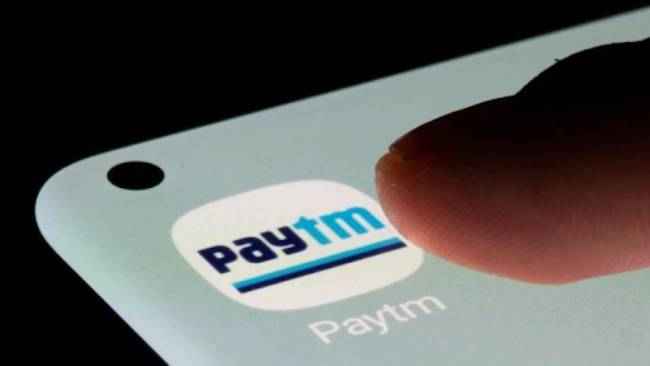Paytm has announced its latest offering - Paytm Protect. This is a group insurance plan that offers a safety net against fraudulent transactions. The plan costs ₹30 per annum.
Paytm announced a brand new feature known as Paytm Payment Protect, designed to secure online transactions in India. The feature is basically a group insurance plan that allows you to insure the transactions that have been made through your wallet or via UPI. This plan has been designed and offered in partnership with HDFC ERGO General Insurance.
The insurance plan costs a mere ₹30 per annum and lets users secure transactions up to ₹10,000 against fraud. While this is just the first offering, it is believed that the company is all set to help users claim insurance for high-value transactions of up to ₹1,00,000 per year.

Paytm Payment Protect protects you from fraud
According to the company, the feature is a “first-of-its-kind offering, this product is aimed to further enhance the trusted digital payments experience and increase the adoption of the same in the country.”

Speaking about the new offering, Bhavesh Gupta, CEO of Lending and Head of Payments at Paytm, said “We are offering an insurance cover with convenient claims with a vision to safeguard users and fight cybercrimes. Our partnership with HDFC ERGO is aligned with our mission of spreading financial awareness and propelling safer digital payments adoption in the country,”
This feature was announced on the heels of Paytm’s previous announcement about UPI interoperability.
How to use Paytm Payment Protect?
To use Paytm Protect, you must:
- Download the Paytm app
- Navigate to ‘Payment Protect’
- Enter your name and mobile number.
- Select the ‘Proceed to Pay’ option
- Purchase the insurance
For more technology news, product reviews, sci-tech features and updates, keep reading Digit.in or head to our Google News page.

 1 year ago
69
1 year ago
69








 English (US)
English (US)